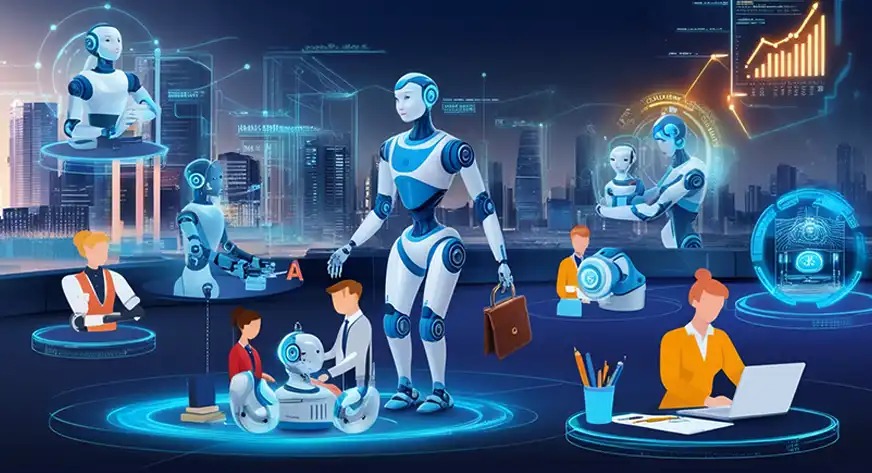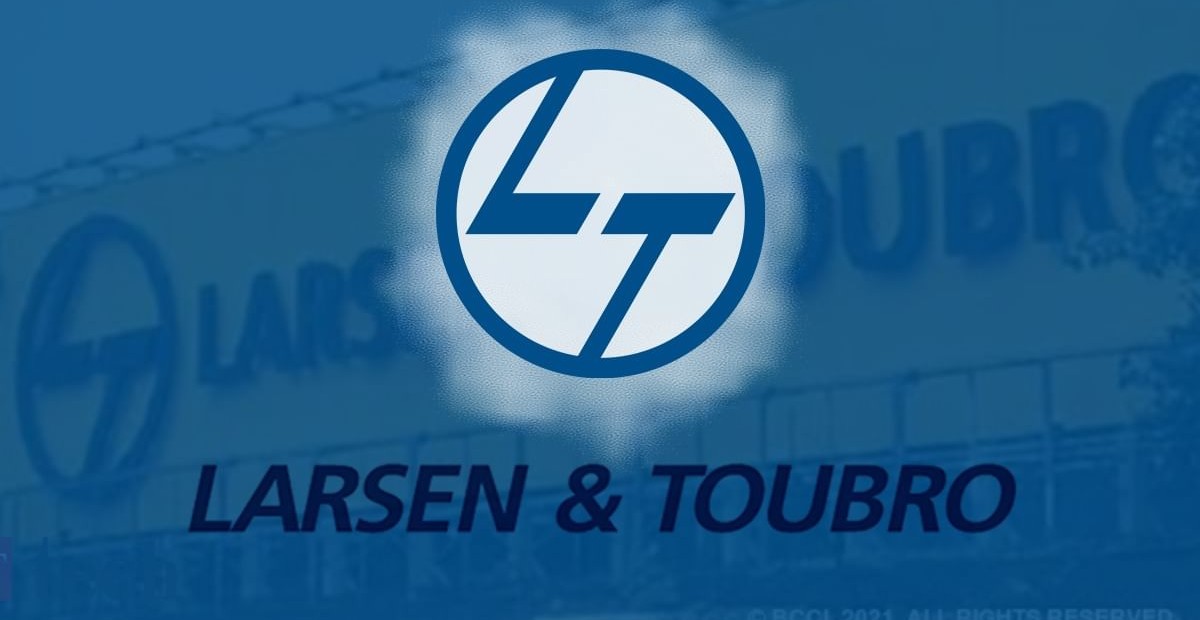Artificial Intelligence (AI) is triggering a seismic shift in the white-collar job market, threatening to eliminate up to half of all entry-level positions across sectors like finance, law, technology, and consulting within the next five years. This unprecedented 'White-Collar Recession' demands urgent adaptation from governments, businesses, and workers alike.
The Dawn of the White-Collar Recession
In 2025, the term “recession” takes on a new meaning. Unlike traditional economic downturns marked by shrinking profits, the current upheaval stems from rapid AI advancements that are transforming—and drastically shrinking—the white-collar workforce. Industry leaders like Dario Amodei, CEO of Anthropic, and CEOs from Ford, Amazon, and Walmart warn of a potential “white-collar bloodbath,” with entry-level roles disappearing at an alarming rate.
AI systems now excel in tasks once deemed safe from automation—legal research, financial analysis, marketing strategy, and customer service—accelerating job displacement beyond routine functions to complex cognitive roles.
Key Impacts Across Sectors
Entry-Level Job Losses: AI could replace up to 50% of entry-level white-collar jobs, sharply raising unemployment rates to as high as 10-20% in affected areas.
Widespread Layoffs: In the first half of 2025 alone, more than 696,000 professional and technical jobs were cut, with companies publicly attributing cuts to AI-driven efficiency.
Hiring Freezes & Workforce Downsizing: Major firms are slowing or halting hires while reducing total staff counts, relying increasingly on AI to boost productivity.
Economic and Social Risks: The shift threatens to widen economic inequality, stall social mobility, and challenge traditional career pathways, especially for recent graduates.
Notable Updates
Industry Voices: Executives including Jim Farley (Ford), Andy Jassy (Amazon), and Dario Amodei (Anthropic) emphasize the game-changing, disruptive nature of AI on white-collar jobs.
Changing Labor Market Dynamics: Unlike previous recessions, white-collar layoffs are fueled by technology, not economic contraction, raising the stakes for labor market stability.
Global Reach: The trend is not limited to the US—South Asia and other regions also report significant AI-induced white-collar job reductions.
Major Takeaways
The White-Collar Recession is a fundamental economic transformation: while businesses thrive financially through AI-driven gains, professional employment opportunities—especially at entry-level—are being eroded rapidly. This disruption calls for bold responses including new workforce policies, reskilling strategies, and potentially redefining employment itself in an AI-dominated future.
As AI redefines the modern workplace, the challenge for society is clear: adapt fast or face widening unemployment and social disruption.
Sources: Axios, Economic Times, Salesforce DevOps Blog, Fortune, Final Round AI, CNBC, World Bank, JPMorgan Research, The Times, Forbes.






